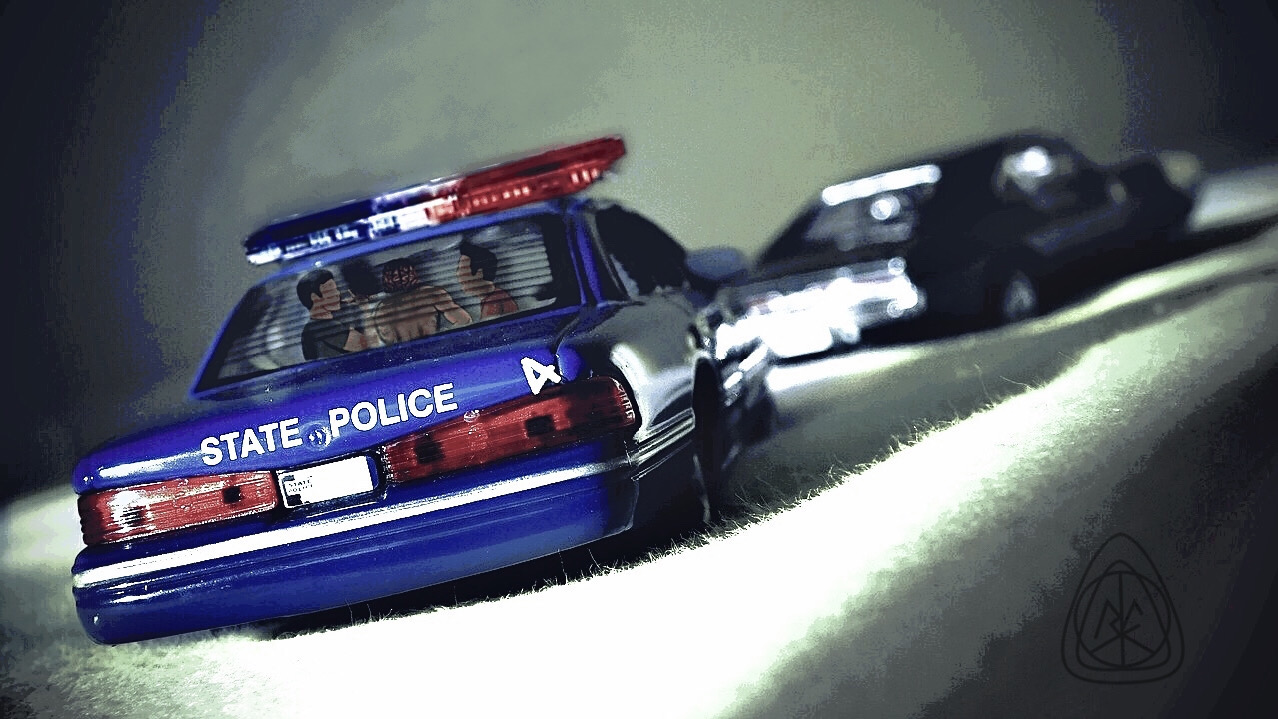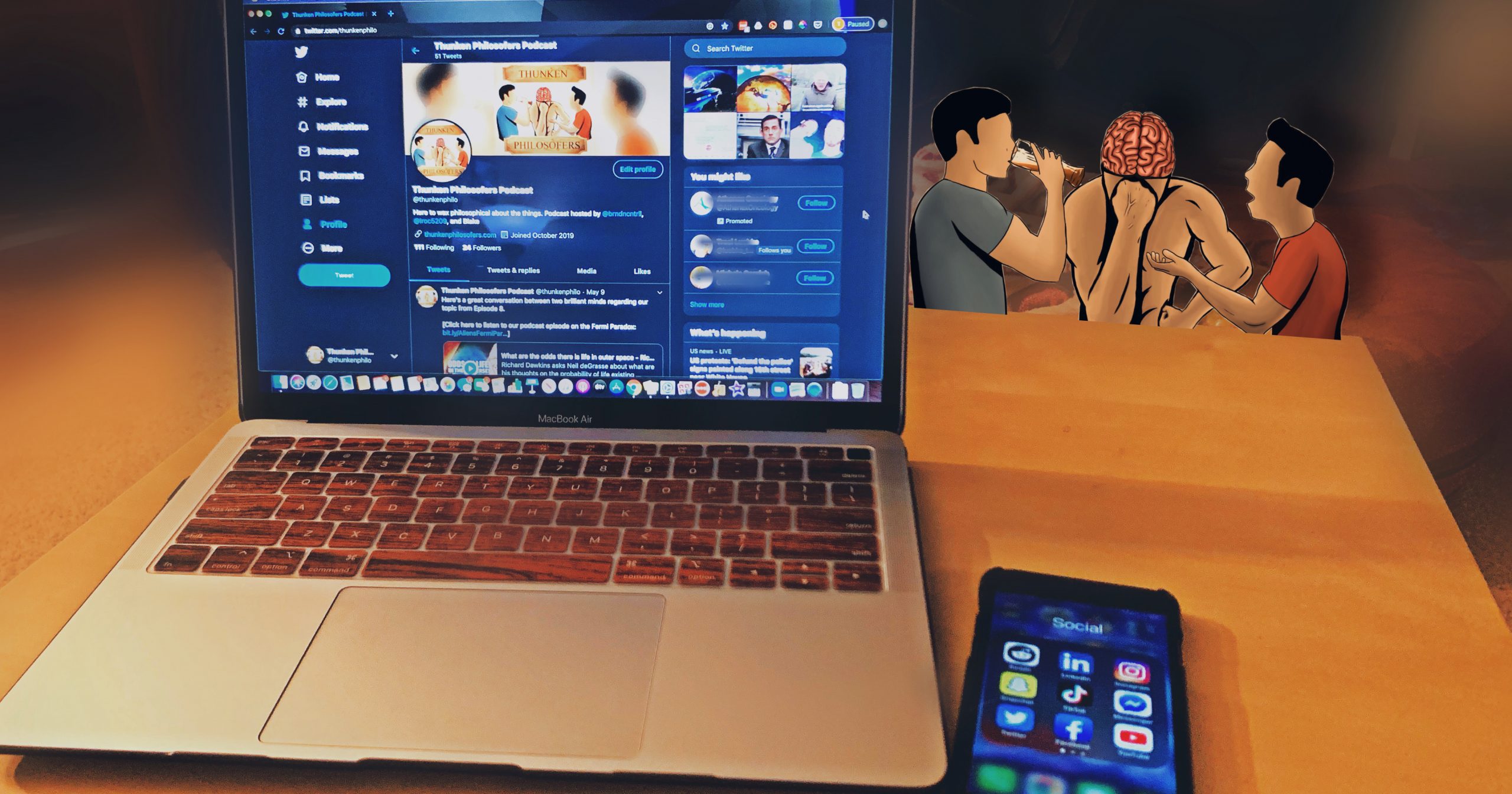Recorded with the riot at our nation’s Capitol fresh on...
Read More
What is social media’s impact in our society and our lives? We discuss the role of social media in our daily lives and our role in our social networks.
Show Notes:
- History of Social Media
- The earliest forms of modern social media were forums or bulletin board systems (BBS) in the 80’s and 90’s
- As American consumers began using the internet to a greater degree in the late 90’s online social networks began to appear that centered around people you knew
- As we got into the early 2000’s these social network models evolved into what companies like Myspace and Friendster ended up using
- More currently popular sites like Facebook, Twitter or Instagram can be seen as simply more modern versions of the old bulletin boards and forums of old. Albeit with a lot less anonymity today.
- Impact on Society
- Nearly one-third of Americans post, like, or share content on social media more than 10 times a day
- Social media has been shown to have positive and negative side effects for a wide range of situations
- Social media affects people differently, depending on pre-existing conditions and personality traits and even gender
- Typically excessive use for some people is probably inadvisable but at the same time, it would be wrong to say social media is a universally bad thing, because it can bring benefits to our lives
- The Rise of Fake News
- Social media has made it very easy to spread information quickly but since Facebook and Twitter timelines move so quickly, viewers don’t often verify what they’ve seen.
- A great deal of content is spread through images and memes, which may or may not be based on valid information. Even links to real articles can be misleading. It’s safe to say that most people who see a headline and link never read the whole article.
- How to Guard Against Social Media Misinformation
- It’s really the widespread sharing of fake stories that causes harm on social media. So if you’re a person or business that shares lots of content you should be extra careful. It only takes a minute or two to verify something you see on social media.
- Consider the source of what you’re sharing and see if it’s reputable.
- If you don’t have time to Google it then it’s probably best to ignore it. Especially if it looks like satire, propaganda or clickbait
- It’s really the widespread sharing of fake stories that causes harm on social media. So if you’re a person or business that shares lots of content you should be extra careful. It only takes a minute or two to verify something you see on social media.
- Social media has made it very easy to spread information quickly but since Facebook and Twitter timelines move so quickly, viewers don’t often verify what they’ve seen.
Sources:
The history of social networking - Digital TrendsThe Impact of Social Media Networks on Society - Sysomos
The Lost Civilization of Dial-Up Bulletin Board Systems - The Atlantic
Feb. 16, 1978: Bulletin Board Goes Electronic - Wired
Is social media bad for you? The evidence and the unknowns - BBC
Does Social Media Increase Teen Depression? - Psychology Today
Teen Voices: Who Are You on Social Media? - Common Sense Education (Youtube)
The Psychology of Social Media - King University
Social Media Use in 2018 - Pew Research Center
How People Interact on Social Media in 2019 - The Manifest
Tags
Abolish Police
ACAB
Aliens
Alternative Energy
Alternative Fuels
Astronomy
Boston Massacre
Breonna Taylor
Climate Change
Cops
Culture
Defund Police
Elections
Electoral College
Facebook
Fossil Fuels
Fred Hampton
Gaming
Green New Deal
History
Instagram
Nuclear Power
Paris Agreement
Physics
Police
Police Reform
Politics
Protests
Renewable Energy
Science
SnapChat
Social Media
Society
Solar Energy
Space
Time Zones
Twitter
UFO
Video Games
Wind Energy








